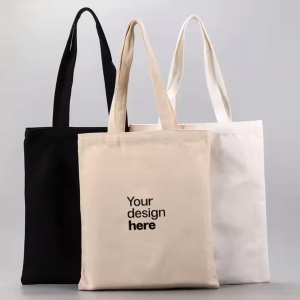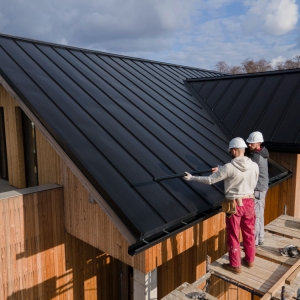Marine life jackets are a critical safety component for all types of water-related activities, from recreational boating to professional maritime operations. Over the years, demand for various types of life jackets has shifted, driven by factors like evolving safety regulations, consumer preferences, and advancements in design and materials. This article explores the trends influencing the demand for different types of marine life jackets and what the future might hold.

1. Increased Demand for Lightweight and Comfortable Designs
Consumers now prioritize comfort alongside safety, especially for activities like kayaking, paddleboarding, and recreational boating. This has driven demand for life jackets made from lightweight, breathable materials. Advanced foam technology and ergonomic designs are enabling manufacturers to meet this demand without compromising safety.
2. Growth in Inflatable Life Jacket Market
Inflatable life jackets, which offer compact storage and greater freedom of movement, are becoming increasingly popular among both recreational and professional users. These jackets automatically inflate upon contact with water or can be manually activated, making them versatile for various scenarios. Their growing adoption is especially noticeable in fishing and sailing communities.

3. Specialized Life Jackets for Specific Activities
The market is seeing a rise in demand for specialized life jackets tailored to activities like:
High-impact sports: Waterskiing and jet skiing require life jackets with extra durability and shock absorption.
Cold-water protection: Life jackets with integrated thermal insulation are increasingly sought after for use in colder climates or during offshore work.
Fishing and kayaking: Jackets with added storage options, such as pockets for gear, are growing in popularity.
4. Focus on Child and Pet Safety
Parents are investing more in high-quality, properly fitted life jackets for children, spurred by increased awareness of water safety. Similarly, life jackets for pets have gained traction, reflecting the growing trend of including pets in boating activities. These jackets often come with handles for easy retrieval and bright colors for visibility.

5. Adoption of Smart Life Jackets
Technological innovation is reshaping the market with the introduction of smart life jackets. Equipped with GPS trackers, sensors, and communication devices, these jackets enhance safety by enabling location tracking and emergency signaling. Their use is becoming common among professional mariners and offshore workers.
6. Compliance with Stringent Regulations
Demand is rising for life jackets that comply with updated safety standards set by international maritime authorities. Features such as reflective strips, high buoyancy, and whistles are now standard in many designs. These requirements are particularly important in commercial and industrial applications, where adherence to regulations is mandatory.
7. Sustainability Driving Material Choices
Eco-conscious consumers and regulatory bodies are pushing for life jackets made from sustainable materials. Biodegradable foams, recycled fabrics, and non-toxic dyes are becoming significant selling points, appealing to environmentally aware buyers.
8. Regional Trends in Demand
North America and Europe: High demand for recreational life jackets due to extensive water sports activities.
Asia-Pacific: Growing demand for industrial-grade life jackets for commercial shipping and fishing industries.
Middle East and Africa: Increased demand for life jackets designed for extreme weather conditions.
9. Impact of E-commerce and Customization
Online sales platforms have expanded consumer access to a variety of life jacket options. Personalization, including size, color, and design preferences, is a growing trend, enabling consumers to find jackets suited to their unique needs.
Future Outlook
The global life jacket market is expected to continue its steady growth, driven by technological advancements, stricter safety regulations, and increasing awareness of water safety. Innovations such as self-cleaning materials, enhanced buoyancy systems, and hybrid designs combining foam and inflatable technologies are likely to shape the future of marine life jackets.

To sum up, the demand for marine life jackets is evolving as safety requirements, consumer expectations, and technological capabilities advance. Manufacturers are increasingly focusing on delivering products that balance safety, comfort, and sustainability, ensuring that users of all types can enjoy water activities with confidence. These trends highlight the importance of ongoing innovation and adaptability in meeting the diverse needs of the marine life jacket market.







